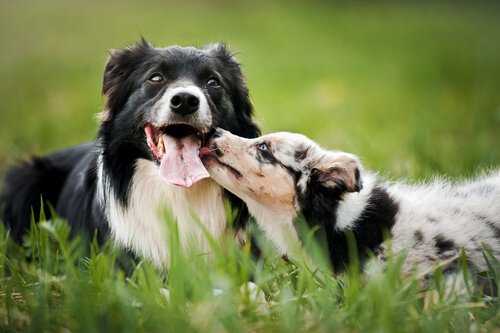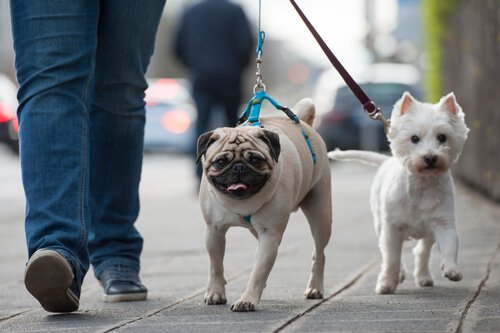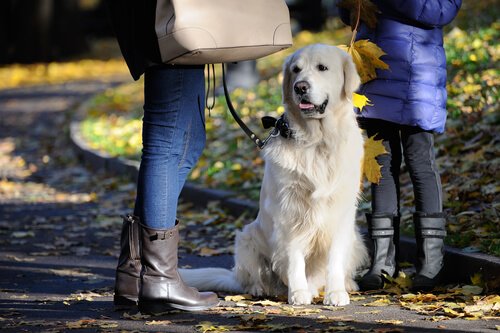A Guide on How to Socialize Your Dog

The moment they’re born, dogs are very quick learners, especially between six weeks and four months old. Of course, they’ll bring what they learn as puppies into their adulthood, and that includes socialization. However, how exactly do you socialize a dog properly, and where? Read this article for the answers!
As of four weeks of life, they start to interact with other puppies. Owners usually have the routine of going to a place or park where there are other dogs, at least once a week. So, this would be a good moment for your dog to gain experience socializing. The important thing is for them to be with you when they meet different kinds of people (kids, elderly people, etc), hears new sounds, and just about everything else that’s new for them!
At their own pace, puppies need to start getting used to their new lifestyle. You have to let your puppy socialize with both humans and other dogs. Talk to your vet to find out when you could take them outside with you for the first time because it all depends on their shots. If it still can’t go on walks, you can always carry them around and have them meet people that way.
Being in physical contact with your puppy will also help them get used to things like going to the vet.
The importance of socializing a dog

Socializing a dog from an early age means showing them how to be part of society. This is important because not everything is like at home. There are all kinds of people, sounds, buildings, and smells outside.
Dogs don’t process the outside world like humans do. Even from an early age, they rely a lot more on their sense of smell, and body language, which says more than you might think.
If you’re wondering how to socialize your dog, then remember it starts from the moment they’re born. Their mother and sibiling are the first thing your puppy has contact with in the outside world. This is why experts say not to separate puppies from their mother during their first two months of life.
Meeting other dogs (but not a bunch at once) is also important. Find a friend with a dog that gets along well with other dogs. Your puppy can play with them safely and learn to calm himself woen when it’s time to go home.
How to socialize your dog: a couple tips
The Leash
A dog with a leash on behaves much differently than one without one. Also, always ask another dog’s owner before you introduce your puppy to it.
Make sure the adult dog is calm and that its owner has control over it, to avoid any accidents. When you’re introducing two dogs, you should give them a lot of slack on the leash, but always be ready to pull away in case something goes wrong.
Going to the park
There are lots of dog parks around in cities nowadays. They’re great places for dogs to meet. Your puppy will have a great time sniffing the traces left behind by other dogs and playing with every dog they meet.

But dog parks also carry certain risks. Pick times where there won’t be a ton of dogs and take a good look around the park before you go in with your puppy.
Also make sure to look at the dogs themselves to see if they’re friendly to each other. Watch how they play and interact with other dogs in the park. If they seem to be aggressive, then you should come back another day, especially if your puppy is still very small.
You should also go with the right tools. For example, your dog will be much safer if you have it on a leash, because you’ll be able to pull it away if you need to.
If you still have any questions about how to socialize a dog, or need help, there are clinics and puppy schools you can go to. These are good places for your puppy to interact with other dogs, and a good way to make sure you’re socializing it properly.
